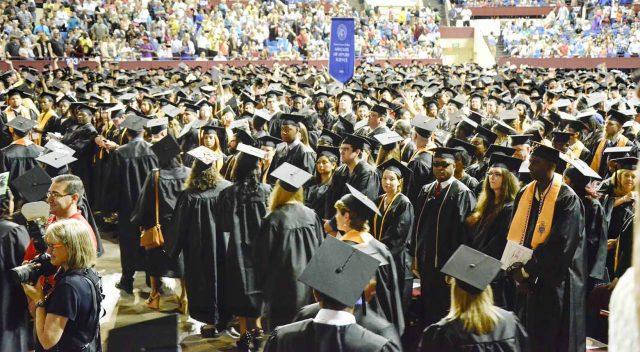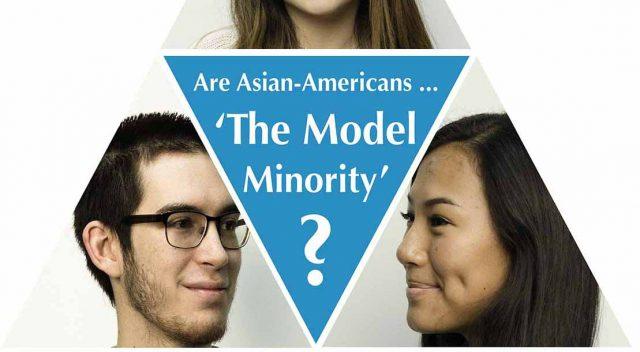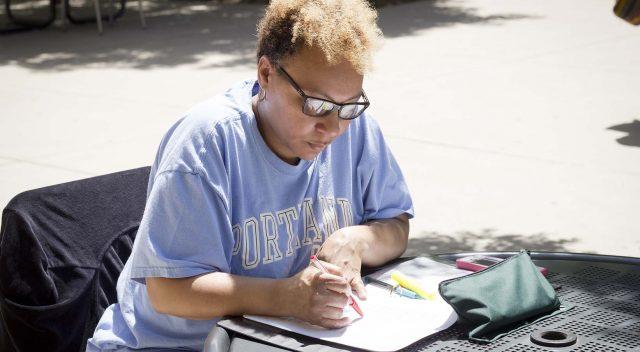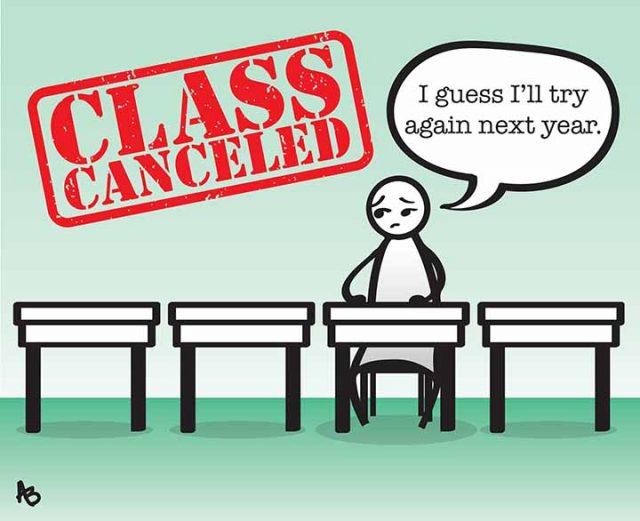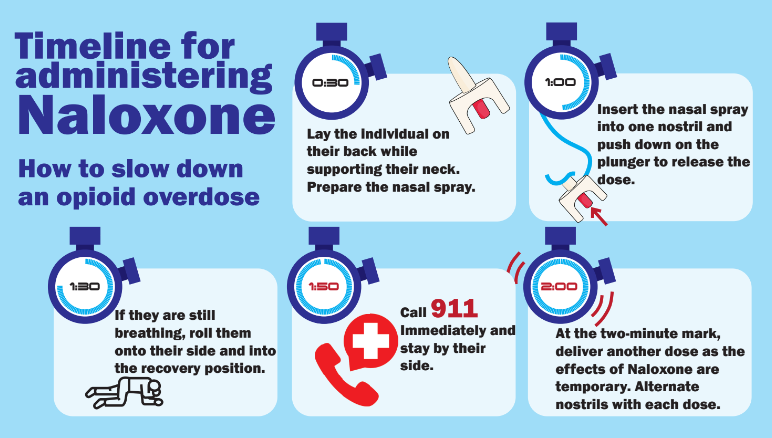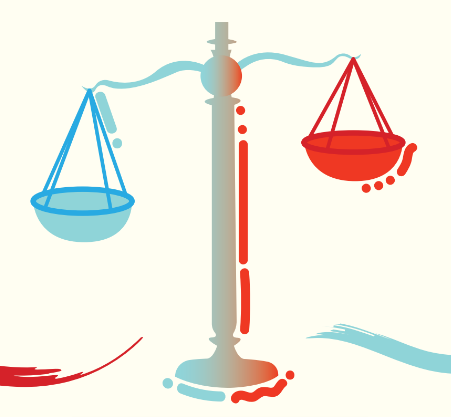By Andrew Forbes/reporter
In honor of Asian Pacific American Heritage Month, a Richland College sociology professor, spoke to TR Campus students and faculty May 2 about Japanese internment camps that came and their relevance today.
“I am the son of a Japanese internment camp survivor,” Mike Itashiki said.
Itashiki’s father and grandparents were taken to internment camps shortly after the attack on Pearl Harbor. These camps were made to supposedly “protect” Japanese-Americans from any harm that may had been afflicted on them from other citizens.
He said his grandparents and his father struggled every day for three years until they were finally released, and his grandmother died from illness inside the camp.
These camps were simply called internment camps to make it sound better than they actually were, Itashiki said.
“They were called internment camps rather than concentration camps because the word internment made it sound like it was going to be a vacation for the Japanese,” he said.
Victims of these camps experienced flight ban, sanctioned hate, loss of health and even loss of life. Itashiki said many Japanese in the camps pretended to be different from who they actually were to protect themselves.
“A lot of Japanese culture was lost so the Japanese could appear as American and not look suspect,” he said.
Itashiki also focused on life after the camps. He said many of these survivors had lost loved ones and many of the possessions they had before being taken to the camp such as a home and job.
America did apologize and offer incentive to camp members who survived, but it happened many years later, Itashiki said.
“America paid $20,000 to survivors of the internment camps, but many people had already died by then,” he said. “It wasn’t a meaningful apology because it was different people who paid and apologized than the people who were responsible for bringing the internment camps in America in the first place.”
This is relevant today because of what is going on with Muslims right now in America, Itashiki said. Many of the problems Muslims are experiencing now are similar to ones the Japanese faced during the time of internment camps, he said.
“I had family in internment camps, and now I have family that’s currently going through problems because my wife is Muslim,” he said.
Discrimination and prejudices are still as relevant in America today as they were during World War II even if it is different cultures experiencing them, Itashiki said.






















